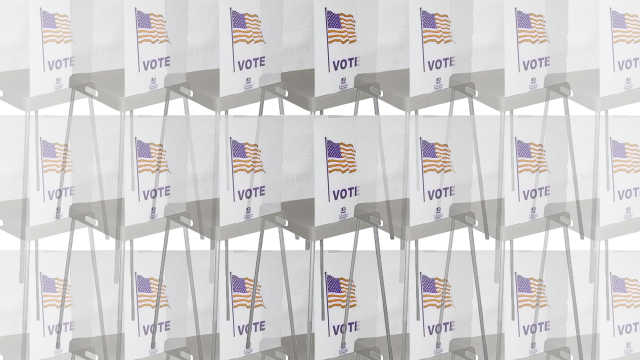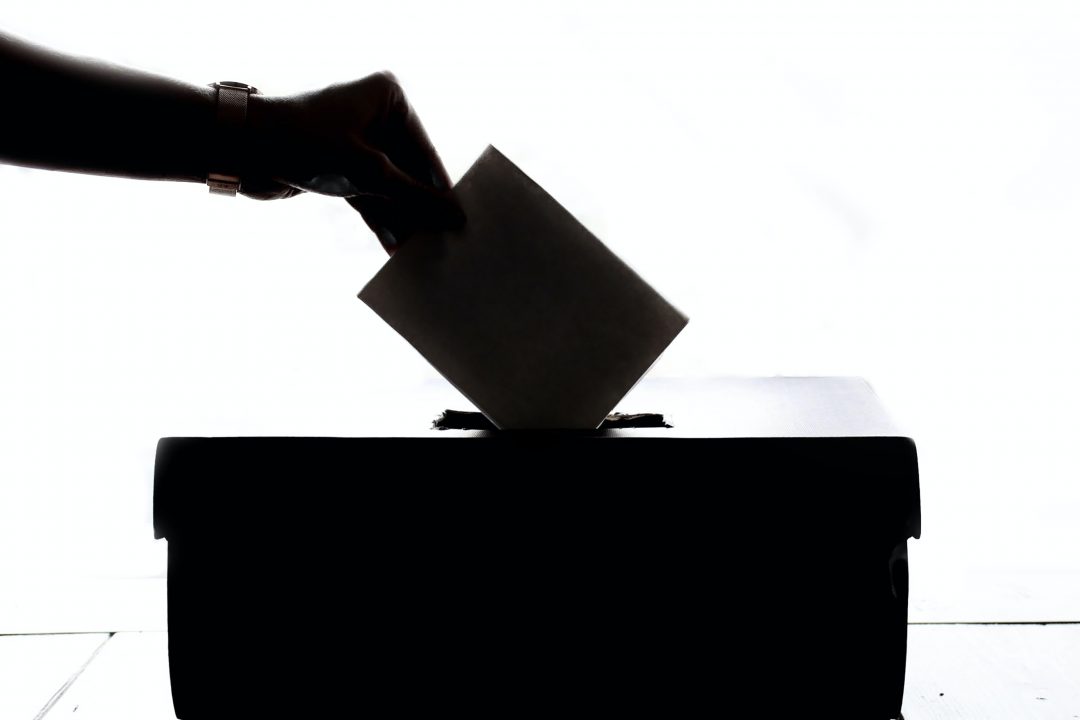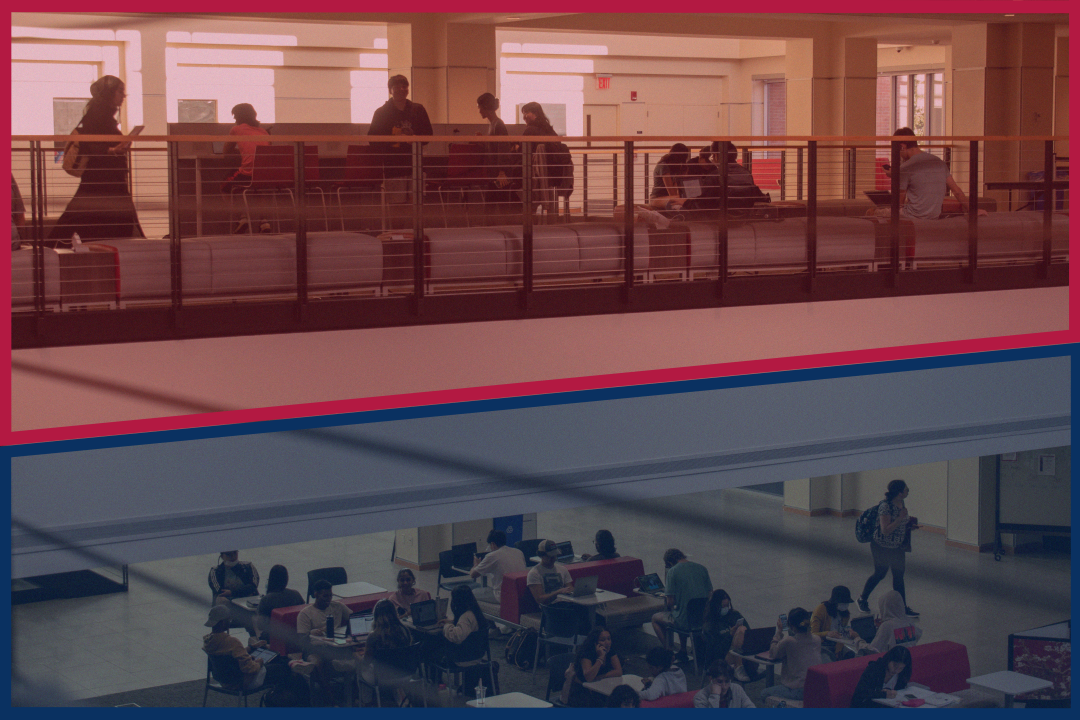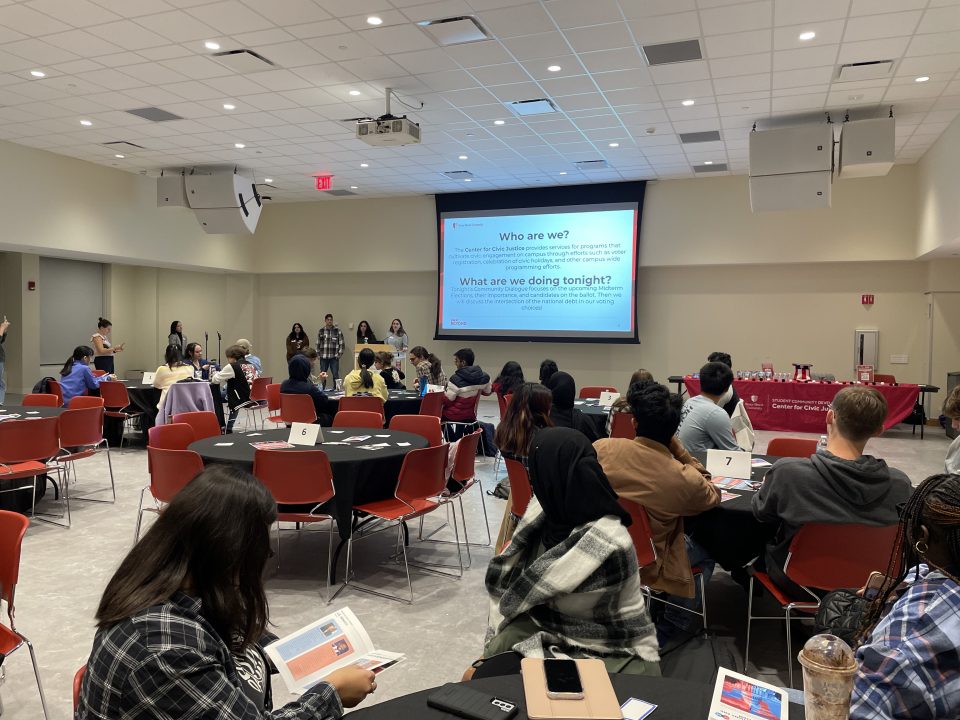
Some states continue to suppress voters with restrictive bills limiting access to mail and absentee voting. Since every American experiences the voting process differently, not every single law works for everyone. At the same time, there are ways to improve voting access across the United States.
The Brennan Center for Justice says that more than 361 bills restricting voting access have been introduced in 47 states. Since 2020’s baseless allegations of voter fraud and election irregularities, many state legislators have enforced restrictive bills on voting access. Some bills take aim at absentee voting, while nearly a quarter seek stricter voter ID requirements.
Texas, Georgia and Arizona have introduced a combined 97 bills restricting voting in one way or another. For example, Georgia Governor Brian Kemp signed SB 202 into law, limiting “absentee voting by requiring voters to provide a state identification number or photocopy of an identifying document.”
Arkansas has also tightened its voter ID requirements. The previous ID law allowed for those without identification to receive a provisional ballot, but the new bill HB 1112 has eliminated this. Now, voters have six days to go to a county clerk’s office with identification in order for their ballot to go through.
Some states have begun to implement different voter policies that appeal to their communities. Colorado, Washington, Oregon, Nevada and Utah are some of the states that allow their general elections to be run entirely by mail. The need for such a form of voting drastically increased because of the 2020 COVID-19 pandemic. Unfortunately, these voting policies are not implemented in all 50 states.
For example, seven states — Arkansas, Mississippi, Montana, New Hampshire, South Dakota, Texas and Wyoming — do not provide an online voter registration option, and instead require voters to register by mail or in-person. This bars many voters in these largely rural states from voting, as they live far from their municipal, county clerk’s office or post office.
Instead, states should pass automatic voter registration bills, which automatically registers eligible adults to vote. Elected officials should also look into passing online voter registration for their citizens, allowing them to — with proper identification — register to vote on a computer.
In regards to automatic voter registration, 20 states and the District of Columbia have enacted this forward-thinking policy. New York is expected to implement the Automatic Voter Registration Act into law between the years of 2023 and 2025.
Congress introduced the Automatic Voter Registration Act in 2021, which still remains a bill This bill would allow citizens to be automatically registered to vote through the Department of Motor Vehicles. It also offers the individual a 21-calendar day period to opt out of automatic voter registration.
Nonetheless, there is some backlash to the implementation of this act. While elected officials in support of the act argue that automatic voter registration promotes civic participation, the opposing side argues that it poses a threat to the integrity of elections by increasing the likelihood of ineligible voter participation.
Online voter registration follows essentially the same process as paper-based voting; instead of filling out a paper application, the voter fills out a form on a website, which is then submitted electronically to election officials.
However, this progressive policy is not nationally expansive. While New York has offered online voter registration since 2019, many other states still require filling out a paper application.
With a lack of nearby electoral offices in most communities, state legislators need to take into consideration alternative methods in which an individual can register both swiftly and effectively. There are more ways legislators can better serve those who cannot physically get to voting booths.
To make voting easier from the comfort of one’s home, state legislators should advocate for absentee voting, particularly for disabled voters who need accommodations. Some states have begun enacting “no-excuse absentee voting,” which lets voters receive a mail-in ballot without needing to give an excuse.
While great strides have been made in voter registration, there’s still more work to do on voting access. America should continue to strive for voter access for all its citizens, from those who cannot make it to the polling booths to those who forgot to renew their ID and could not register. We should implement accessible voting options nationwide. Hopefully, Americans will see a brighter future for voting after the upcoming midterms and a clearer representation of our votes.


















